On November 1, 2012, the Gates Foundation announced that 15 grantees have advanced to the next level of Grand Challenges Explorations. Each will receive additional funding to continue their research over a two-year period. Some of these Phase II winners are featured here.
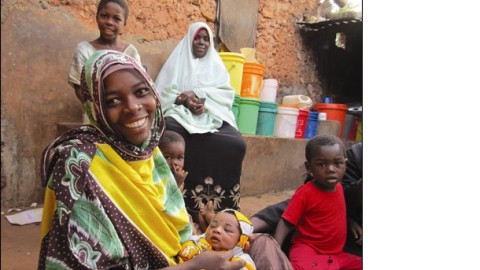
Marc Mitchell of D-tree International in the U.S. is testing a mobile phone-based tool that rapidly identifies women at risk during labor and delivery and facilitates emergency transfer to a hospital, leading to a marked increase in facility-based deliveries and post-partum care.
Marco Cacciuttolo and collaborators at Tetragenetics, Inc. in the U.S. are using the protozoa T. thermophilia to produce malaria antigens in a crystalline protein gel, and are researching the production and immune stimulating effects of different formulations for use in a low-cost, long-lasting malaria vaccine.

Michelle McIntosh of Monash University in Australia is further developing a dry powder formulation of the drug oxytocin that can be used as an inexpensive inhalant to treat post-partum bleeding in remote areas.
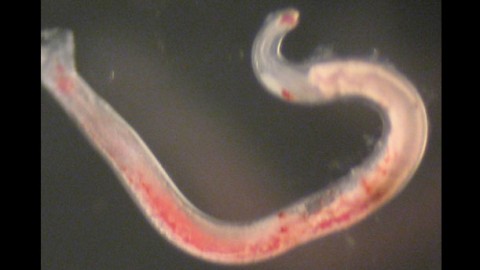
Raffi Aroian of the University of California, San Diego has successfully expressed an anti-worm protein in a food-grade bacterium that is safe for humans, and is now working to optimize production of this protein to provide a low-cost cure for hookworms that can be delivered in foods that are compatible with many different local customs.
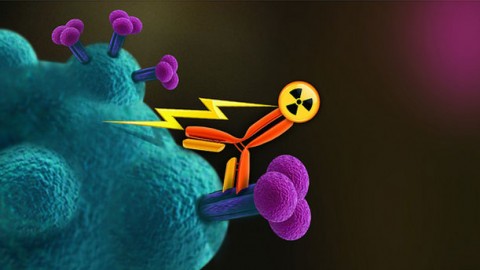
Ekaterina Dadachova of the Albert Einstein College of Medicine in the U.S., along with colleague Joan W. Berman have discovered that radioactivity-armed antibodies can kill HIV-infected human cells in conjunction with anti-retroviral therapy (ART), and are now targeting cells latently infected with HIV to determine whether these radioactive antibodies can eradicate latent HIV infection as well.

Carl Nathan, Julien Vaubourgeix and Gang Lin of Weill Cornell Medical College have discovered how tuberculosis is able to exit latency, and are now working to identify the genes that control this process for use in screens to find new and more powerful TB therapies.
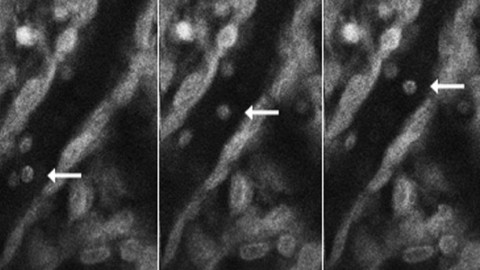
Rebecca Richards-Kortum of Rice University in the U.S. is developing a portable, battery-powered microscope that can be placed on the skin to detect malaria-infected red blood cells located in blood vessels just under the skin.
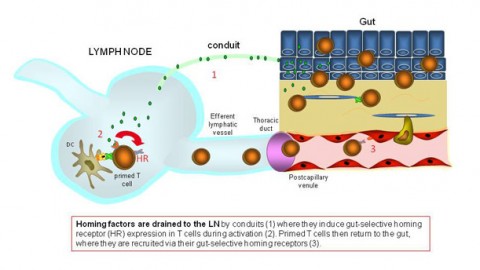
Federica Marelli-Berg of Queen Mary University of London in the United Kingdom is developing a vaccine that uses “homing factors” as adjuvants to generate site-specific immunity against gut pathogens.
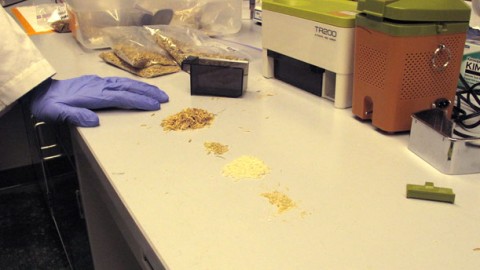
Elizabeth Ryan of Colorado State University in the U.S. is testing different dietary rice brans for their ability to augment gut immunity to various bacterial and viral infections, knowledge that could be used to improve rice crops around the world.